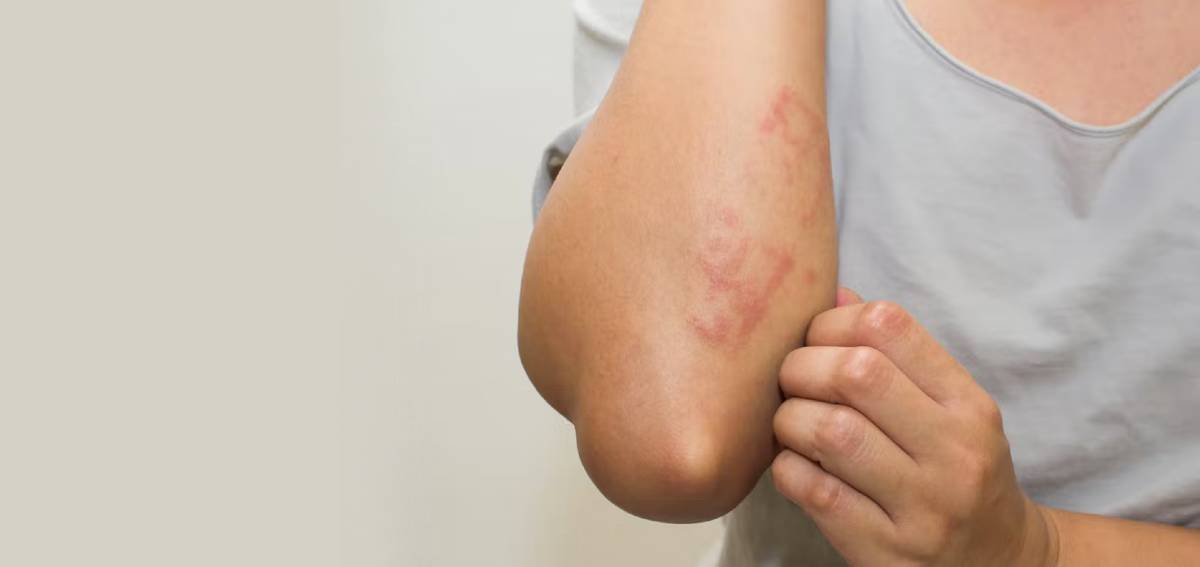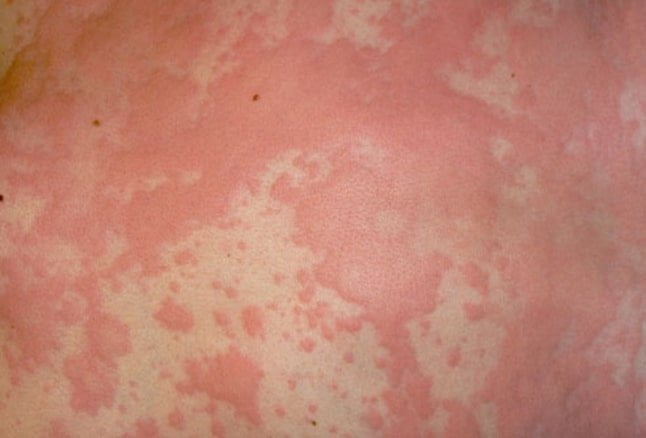
Let’s Know about Urticaria
Urticaria is a very uncomfortable condition that can make your daily life quite difficult. If it reaches a chronic stage, the difficulties reach another level. Ayurveda refers to this disease as ‘Sheet-Pitta’ that is an inappropriate response to the environment. Ayurveda rectifies this condition with herbal medicines and natural therapies. Unlike conventional treatments, Ayurvedic urticaria medicines treat the condition by deep toxification and immunity boost up. It is a widely accepted approach as it leaves no side effects and ensures permanent relief from urticaria.




